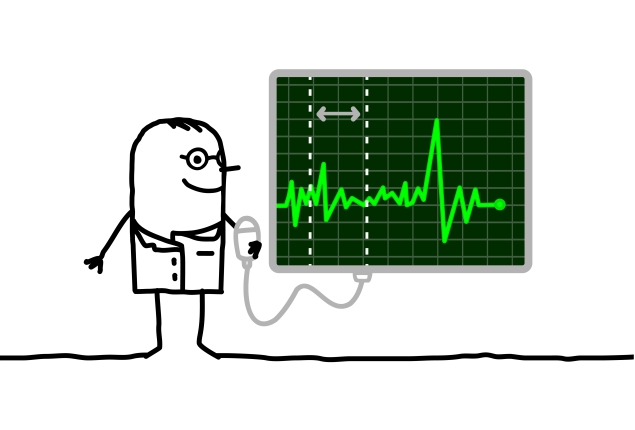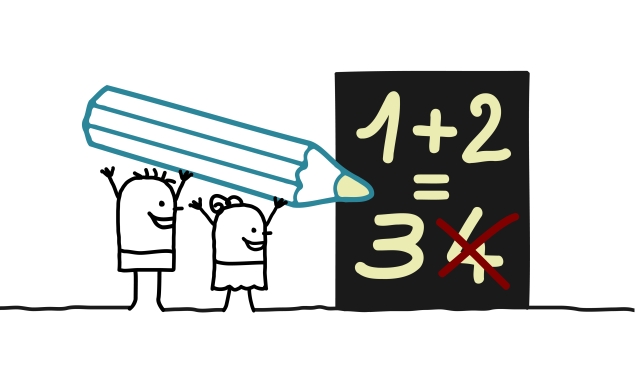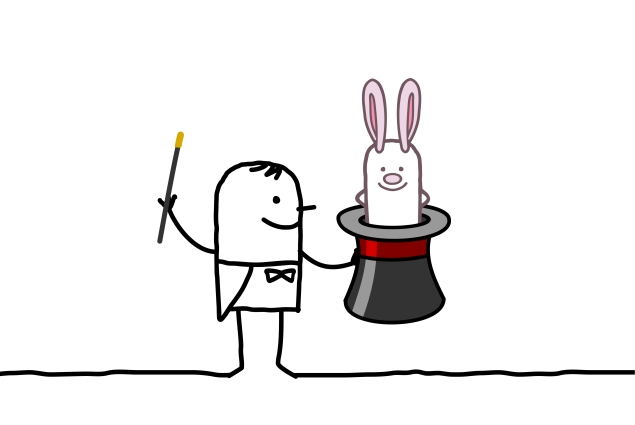How to identify anger management skills: Analyze points in the anger episode sequence
In this article, I discuss anger management skills derived from analyzing points in the sequence of an anger episode. In my last article, I discussed the value of analyzing anger episodes as detailed in the excellent book, Anger Management: The Complete Treatment Guidebook For Practitioners by Drs. Howard Kassinove and Raymond Chip Tafrate. These analyses go through the sequence of events which occur in situations in which a person has challenges in managing their anger. Skills and strategies are identified to address challenges which occur at different points in the sequence of the episodes. While my last article focused on the sequence of events comprising an anger episode, in this article I will discuss skills and strategies which can be used to manage anger effectively at different points in the sequence of an episode. I will do so in the following sections...[more]
Instant replay: Analyzing episodes to become skillful at anger management
In this article, I discuss how various anger management skills can be identified by analyzing how episodes of anger unfold. A common issue for which clients seek help is managing their anger. They are typically looking for strategies to reduce the intensity of their anger and, more importantly, strategies to help them manage the verbal and behavioural reactions to their anger. Various strategies for managing anger can be identified by analyzing anger episodes as detailed in the excellent book, Anger Management: The Complete Treatment Guidebook For Practitioners by Drs. Howard Kassinove and Raymond Chip Tafrate. These analyses go through the sequence of events which occur in situations in which a person has challenges in managing their anger. Skills and strategies are identified to address challenges which occur at different points in the sequence of the episodes...[more]
Four simple rules: For building good habits and eliminating bad ones
In this article, I discuss how to form good habits and discard bad habits by applying four rules for changing behaviours. I recently read Atomic Habits: Tiny Changes, Remarkable Results by James Clear. As the title indicates, the book is focused on strategies to form good habits and eliminate bad habits. The cornerstone of these strategies are the four rules of behaviour change. Each of these rules provides directions on how to increase the frequency of behaviours which we want to become good habits and on how to decrease the frequency of behaviours which we do not want to adopt or continue as bad habits. In the following sections, I will discuss these rules and illustrate how they can be applied to habits of different kinds...[more]
Exposure versus avoidance: Striking a balance
In this article, I discuss how to strike a balance between exposing yourself to challenging situations and avoiding those situations. For various issues in therapy, a go-to treatment is exposure. This entails repeatedly entering and remaining in challenging situations rather than avoiding them. Exposure works because, over time, the person learns that they can cope with the situation’s challenges. This is typically accompanied by experiencing a significant and lasting reduction in the intensity of emotions they experience in the situation. In contrast, avoidance spares the person from experiencing short-term discomfort but deprives them of the more substantial and lasting long-term benefits which come from exposure. So, it seems that choosing exposure over avoidance is a ‘slam dunk’. However, this is not necessarily the case. In fact, although exposure is ultimately preferred over avoidance, there are many instances in which it is wise to strike a balance between exposure and avoidance. In the following sections, I will use examples from several issues to illustrate this point...[more]
Exposure and response prevention: It’s not just used to treat OCD
In this article, I discuss a therapy technique most commonly used as a treatment for obsessive-compulsive disorder but which is also effective with many other issues. The go-to treatment for obsessive-compulsive disorder (OCD) is exposure and response prevention (ERP). This treatment consists of two steps. In the first step known as exposure, the client deliberately exposes themselves to situations which lead them to have obsessive thoughts along with strong accompanying anxiety. In the second step known as response prevention, the client is prevented from performing their usual response to the obsessive thoughts and accompanying anxiety—engaging in compulsive behaviours to avoid thinking the obsessive thoughts and experiencing the strong anxiety. Preventing the response of engaging in compulsive behaviours forces the client to sit with the anxiety stemming from their obsessive thoughts. Doing so over a prolonged period results in the intensity of their anxiety diminishing in a lasting way rather than seeing it diminishing only temporarily by performing the compulsive behaviours. The desensitization or habituation which results from prolonged exposure and response prevention is indicative of success in addressing OCD. Fortunately, there are many other therapy issues which can be addressed by using ERP. I will discuss how this treatment is used to address these issues in the following sections...[more]
How to address frustration, anger and aggression
In this article, I discuss strategies to manage frustration and anger in order to reduce the likelihood of aggression. In my last article, I discussed the differences among the concepts of frustration, anger, and aggression as well as how they interact with each other in everyday situations. Much of the discussion focused on how the experience of frustration and subsequent anger often leads to aggressive behaviour. Although unfortunately frustration, anger and aggression often operate in tandem as described in my last article, such a sequence of events culminating in the negative outcome of aggression is not inevitable. In the following sections, I will discuss strategies you can learn and apply to manage the emotions of frustration and anger to reduce the likelihood of behaving aggressively when you experience these emotions...[more]
Frustration, anger and aggression: Three distinct but related concepts
In this article, I discuss the differences among the concepts of frustration, anger, and aggression as well as how they interact with each other in everyday situations. Three psychological concepts which are often discussed in tandem with each other are frustration, anger, and aggression. Given that many situations we encounter give rise to their co-occurrence, it is tempting to view them as interchangeable. In fact, despite their often appearing together they are distinct concepts. In the following sections, I will describe how frustration, anger and aggression differ from each other and how they interact with each other in situations we encounter...[more]
The benefits of normalizing an issue
In this article, I discuss why it is helpful to recognize that issues you’re facing are issues which most people find challenging. Many clients I encounter not only suffer from the issues they are facing, they sustain additional distress by getting down on themselves for having the issues when other people don’t have them. When I inform these clients that most people must deal with the issues they are facing, the relief they convey is palpable. This captures the essence of normalizing issues. When we normalize issues, we recognize that issues we are facing are issues which most people find challenging. There are many issues for which normalizing has beneficial effects. I will discuss these in the following sections...[more]
Physical self-focused coping: Relax your body to manage stress
In this article, I discuss why performing activities to relax your body is fundamental to managing stress. One of the most common issues clients for which clients seek help is how to manage stress. When I work with clients on this issue, I help them to implement a ‘game plan’ for managing stress which consists of a set of strategies. A key component of this game plan for managing stress is performing activities which relax the body to relieve the physical tension which comprises the stress response known as ‘fight or flight’. In the following sections, I will discuss the activities you can perform which accomplish this goal...[more]
Are the emotional benefits of an activity worth the costs? Strategies to help you decide
In this article, I will help you decide whether to pursue activities by weighing the emotional costs and benefits. In my last article, I discussed an important consideration in deciding whether to pursue various vocational opportunities, activities and relationships—the emotional costs and benefits which you derive. In that article, I also provided examples of the emotional costs and benefits commonly encountered in activities like education and work, hobbies and interests and relationships. In the following sections, I will provide strategies to help you decide whether the benefits you derive from the positive emotions associated with an activity make it worth it to put up with the emotional costs which come with the activity...[more]










